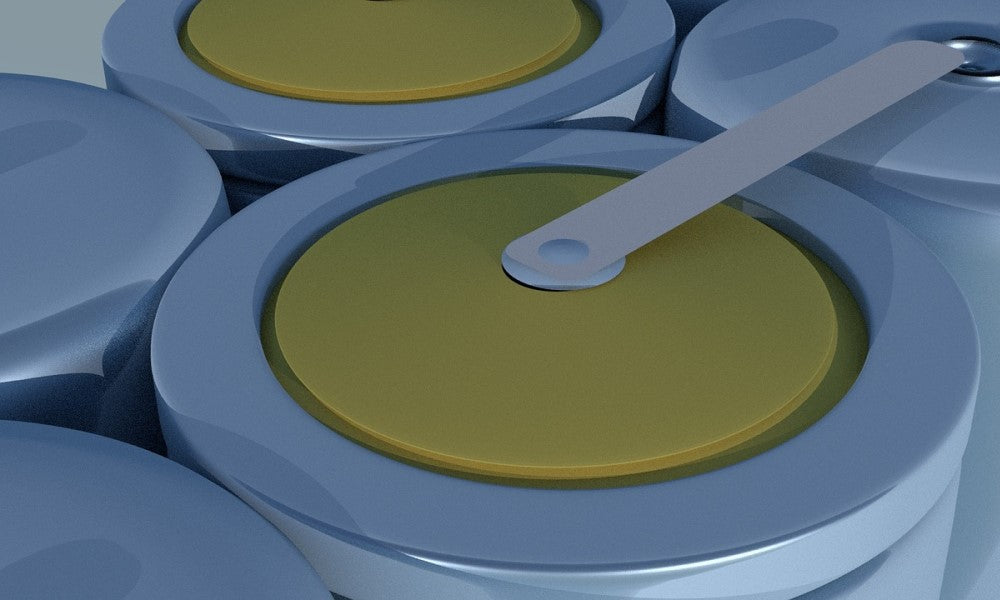
Electric vehicle, but which one is the best?
Lithium-ion batteries have experienced rapid development in recent years and are now widely used. They are used in a variety of devices including cell phones, laptops, electric vehicles and even renewable energy systems. But what advantages do these batteries really offer?
Older models with an alternative drive, for example, have a lead-gel battery or a lead-acid battery based on Absorbent Glass Mat (AGM). The new standard in electric vehicles is a drive using lithium-ion batteries.
Lithium-ion batteries are more expensive to produce than lead-acid batteries of comparable performance. But the investment pays off economically: the lithium battery is known for being maintenance-free and long-lasting. In addition, the higher energy efficiency allows electricity costs to be saved in addition to the savings vs. diesel or gasoline.
In addition, lithium-ion batteries are more compact and therefore require less space. Although they are smaller and lighter than lead batteries, they have a higher energy density. They are considered particularly secure and one of the most efficient storage methods.
Lithium-ion batteries are also better for the environment because they can be recycled and processed more easily and cost-effectively.
Advantages at a glance
High energy density:
Lithium-ion batteries are characterized by their high energy density, meaning they can store a large amount of energy in a relatively small and lightweight package. This makes them ideal for applications where low weight and compact size are important.
Long lifetime:
Compared to other battery technologies, lithium-ion batteries have a longer lifespan. They can go through a high number of charge and discharge cycles without suffering significant performance degradation. This makes them more cost-effective and offers a longer service life.
Fast loading:
Lithium-ion batteries enable fast charging, which is beneficial in our busy world. They can be charged within a few hours, allowing users to quickly get their devices up and running again. This is particularly important for electric vehicles as they offer greater range and reduced charging time.
Low self-discharge:
Compared to other types of batteries, lithium-ion batteries have a low self-discharge rate. This means they can hold their charge for extended periods of time even when not in use. This makes them ideal for devices that are inactive for long periods of time.
Environmentally friendly:
Lithium-ion batteries are considered to be more environmentally friendly compared to traditional battery technologies. They do not contain harmful heavy metals such as lead or mercury and are easier to recycle. This helps reduce environmental impact and supports sustainability.
Overall, lithium-ion batteries offer efficient energy storage for modern applications. Their high energy density, long lifespan, fast charging time, low self-discharge and environmental friendliness make them a popular choice in a variety of industries.

